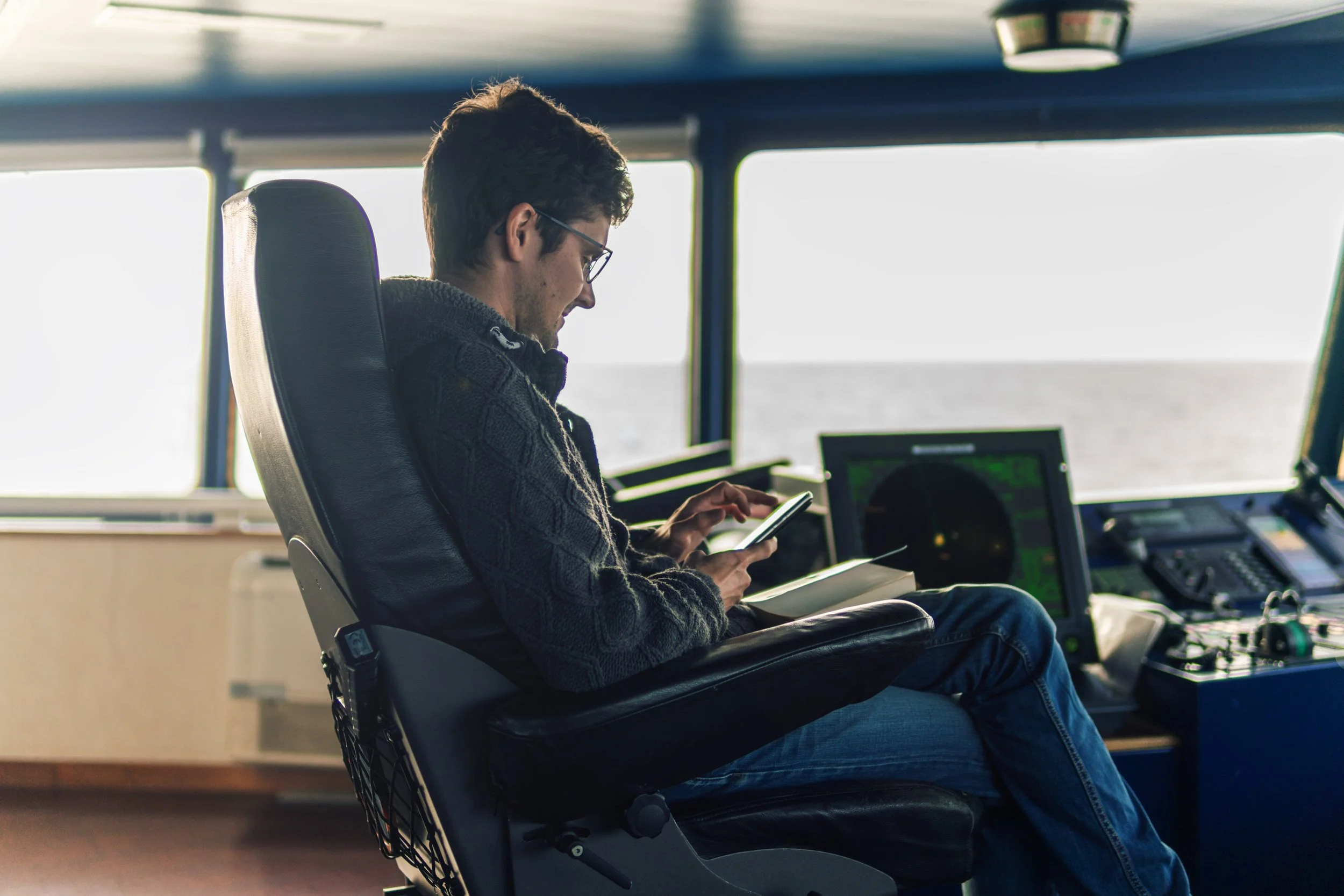Digitalisation presents emerging psychological pressures for seafarers, says VIKAND
As the digital transformation accelerates across the maritime industry, global maritime healthcare leader VIKAND warns there is a growing need to recognise and address the psychological toll of new technologies on seafarers’ mental health.
While digitalisation has enabled earlier intervention and expanded access to mental health services onboard, such as remote counselling and telehealth, VIKAND notes that the long-term impact on seafarers' well-being is still unfolding.
“Early access to care is undoubtedly promising, but we're only beginning to understand the psychological cost of this digital shift,” says Martin Hedman, VIKAND's Director of Mental Wellness Practices. “Technology is a double-edged sword - it streamlines support yet introduces stressors that we haven’t fully accounted for.
“Over the past 20 years, new psychological stressors have emerged from digital life including ‘doomscrolling’ fatigue, loneliness from social isolation through phone use, and anxiety from navigating the increasingly complex digital processes.”
One of the most pressing concerns is the persistent stigma and privacy issues surrounding digital mental health services. Many crew members, particularly senior staff, remain cautious about engaging with these services due to concerns that their data could be misused or held against them, such as losing their jobs. These anxieties, while rarely spoken outright, are frequently raised in informal conversations.
Generational differences also play a role. “Older crew members often struggle more with digital interfaces, such as using smartphones for training or health access,” says Martin. “What is intuitive to a younger seafarer may be a barrier to another, amplifying stress and isolation.”
Though no direct increase in mental health cases explicitly citing ‘technology’ or ‘automation’ has been recorded, VIKAND observes that digitalisation subtly contributes to workload pressures and fatigue, particularly in non-marine departments tasked with managing complex digital systems. Mental health professionals are integrating tech-related stress and digital fatigue into broader wellness discussions, though VIKAND says formal protocols are still emerging.
Looking ahead, Martin notes that ‘Fear of Missing Out’ (FOMO) could become a growing theme. With constant connectivity, seafarers are increasingly exposed to life onshore potentially heightening feelings of separation from family or online social engagement.
“FOMO will be a big part of the ever so connected seafarers’ stress in the future. That is not just stress about always checking your email or social media account, but also to become even more aware of what you are missing out when you are away such as being reminded of family,” explains Martin.
Additionally, automation may streamline tasks but also shift certain responsibilities onto crews, sometimes increasing the administrative load.
“It’s important that we ensure these tools are implemented with care – designed to support, not overwhelm,” adds Martin. "We need to balance the benefits of technology with a more mindful approach.
He says that with connectivity, over-accessibility may foster habits of always needing to be online, potentially leading to digital dependency.
“In today’s connected world, mental health and digital environments are closely linked,” concludes Martin. “The maritime industry could benefit from adapting further to that reality.”
For more information about VIKAND’s mental wellness initiatives, visit www.vikand.com

